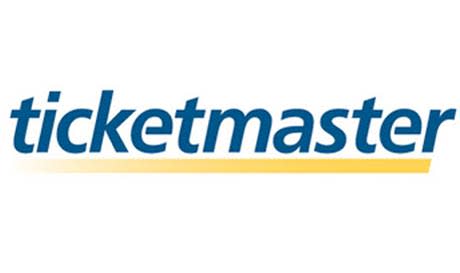For those of you who worried about the consumer ethics of Ticketmaster even before its recent merger with Live Nation, set your face to "appalled."
As reported by the CBC, Ticketmaster has recently settled charges with the U.S. Federal Trade Commission over its shady sales tactics regarding the sales of tickets to a number of Bruce Springsteen shows in 2009.
The FTC's complaints started after February 2, 2009, when Ticketmaster's website falsely claimed that no tickets were left for Springsteen's shows scheduled in May and June. Instead, the website redirected fans to its TicketsNow affiliate website, which sells tickets for up to quadruple their face value.
Ticketmaster, which blamed the ordeal on a "glitch," has now been ordered by the FTC to refund consumers who used TicketsNow the difference between what they paid and what the tickets were valued at by Ticketmaster.
The second and more unsettling offence the FTC charged Ticketmaster with was for falsely advertising tickets on TicketsNow as being "in hand." Many of the Springsteen tickets sold on the affiliate website were listed and sold before the tickets were even guaranteed, meaning that consumers were paying many times face value to buy tickets that might not even exist. The FTC alleges that Ticketmaster then held onto the proceeds from these ticket sales for months, despite knowing that many of those customers wouldn't receive tickets.
As FTC chairman Jon Leibowitz put it, "TicketsNow.com sold phantom tickets without letting consumers know that the tickets did not exist. Then, the company held onto consumers' money, sometimes for months, when it knew those fans weren't going to see Springsteen.
"Clearly consumers deserve better. They deserve to know what they're buying, including the risk that their tickets won't materialize."
As reported by the CBC, Ticketmaster has recently settled charges with the U.S. Federal Trade Commission over its shady sales tactics regarding the sales of tickets to a number of Bruce Springsteen shows in 2009.
The FTC's complaints started after February 2, 2009, when Ticketmaster's website falsely claimed that no tickets were left for Springsteen's shows scheduled in May and June. Instead, the website redirected fans to its TicketsNow affiliate website, which sells tickets for up to quadruple their face value.
Ticketmaster, which blamed the ordeal on a "glitch," has now been ordered by the FTC to refund consumers who used TicketsNow the difference between what they paid and what the tickets were valued at by Ticketmaster.
The second and more unsettling offence the FTC charged Ticketmaster with was for falsely advertising tickets on TicketsNow as being "in hand." Many of the Springsteen tickets sold on the affiliate website were listed and sold before the tickets were even guaranteed, meaning that consumers were paying many times face value to buy tickets that might not even exist. The FTC alleges that Ticketmaster then held onto the proceeds from these ticket sales for months, despite knowing that many of those customers wouldn't receive tickets.
As FTC chairman Jon Leibowitz put it, "TicketsNow.com sold phantom tickets without letting consumers know that the tickets did not exist. Then, the company held onto consumers' money, sometimes for months, when it knew those fans weren't going to see Springsteen.
"Clearly consumers deserve better. They deserve to know what they're buying, including the risk that their tickets won't materialize."
